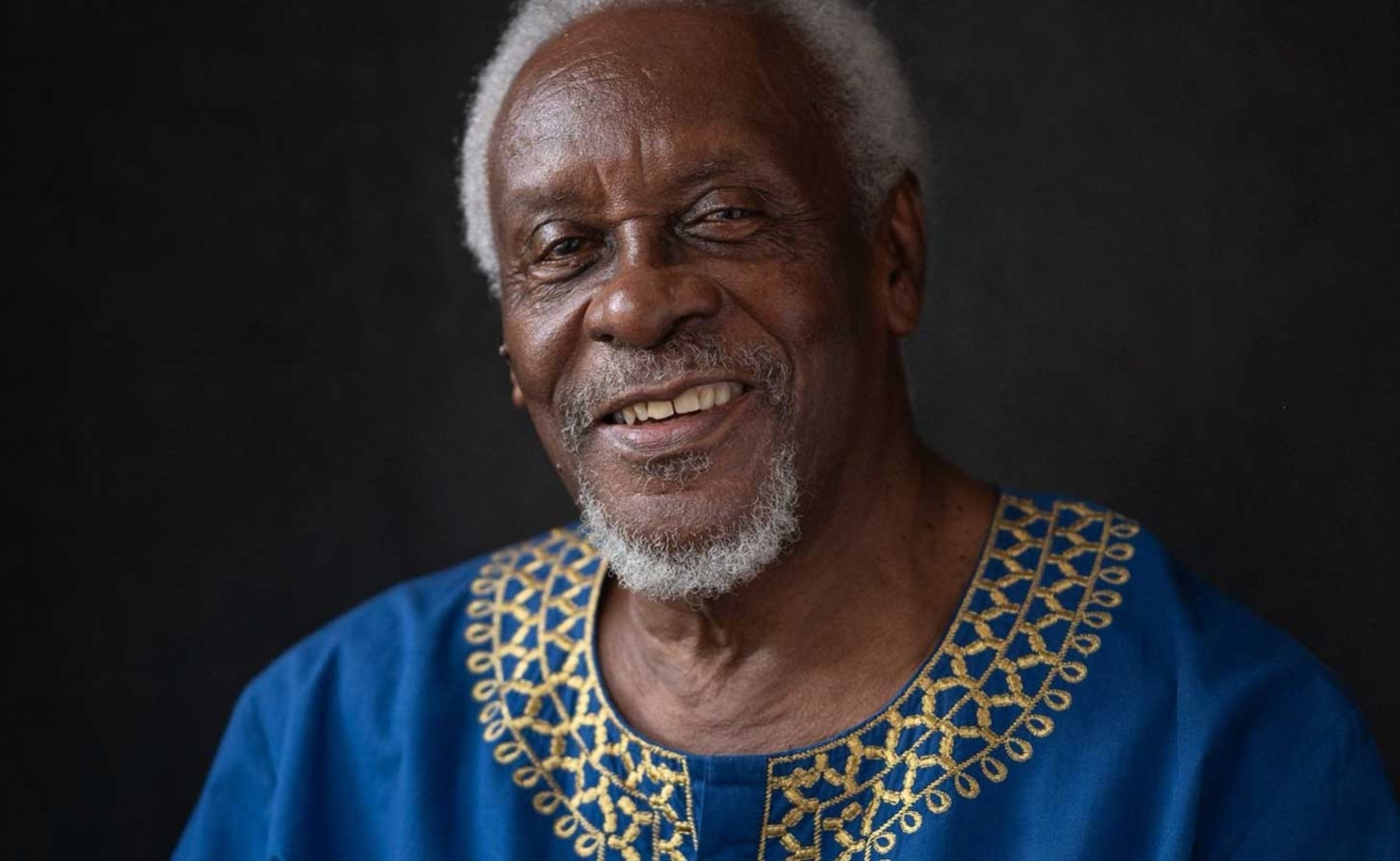JAMAICA | Beyond Apologies: Africa Demands Justice Through Reparations on Liberation Day

KINGSTON, Jamaica May 25, 2025 - The time for hollow contrition has passed. As Africa and its global diaspora marked Liberation Day on Sunday, the clarion call emanating from academic corridors to grassroots movements was unambiguous: reparations are not a request—they are a demand for justice long overdue.
The University of the West Indies' PJ Patterson Institute for African Caribbean Advocacy seized this year's theme, 'Year of Justice for Africans and People of African Descent Through Reparations,' as both rallying cry and ultimatum. Their message cuts through decades of diplomatic niceties with surgical precision: former colonial powers must move beyond performative acknowledgments to concrete restitution.
"We recognise that righting these historical wrongs cannot be satiated just by renunciations and self-reproachful statements without concrete actions of restitution," the Institute declared, effectively calling out the hollow theater of imperial remorse that has characterized recent years. The statement strikes at the heart of a persistent pattern—nations quick to express regret but slow to open their treasuries.
The Institute's position is uncompromising in its historical accounting. Centuries of systematic brutalization through chattel enslavement and colonialism didn't merely steal bodies and labor; they dissolved cultures, shattered consciousness, and seized entire continents. The academic body argues that such comprehensive devastation demands equally comprehensive repair—not through gestures, but through "structural change and material redress."
This isn't merely about settling historical debts. The ripple effects of colonial exploitation continue to manifest in contemporary disparities across health systems, economic structures, and social well-being throughout African and diasporic communities. The Institute's analysis connects past atrocities to present inequalities with uncomfortable clarity, making the case that current global disparities are not accidents of development but direct consequences of systematic extraction.
Yet the message transcends victimhood, pivoting toward empowerment through unity. The Institute frames reparations not as charity extracted from reluctant former oppressors, but as fuel for transformation rooted in "the unbreakable bonds of African identity." This strategic framing transforms the reparations movement from supplication to self-determination.
The timing of this declaration carries particular weight. As global conversations about racial justice gain momentum, African institutions are refusing to let the discourse be dictated by former colonial powers. Instead, they're asserting moral authority over their own narrative, demanding not just acknowledgment but action.
The Institute's call for unity across the African continent and diaspora recognizes that scattered voices seeking individual redress lack the collective power to compel systemic change. Their vision extends beyond reparations as an end goal, positioning them as a foundation for "a future built on mutual respect, shared purpose," and most critically, African agency in shaping that future.
As Africa Liberation Day passes into memory, the challenge laid down by the PJ Patterson Institute remains: will former colonial powers finally match their words with their wallets, or will another year pass with justice deferred? The patience of a continent and its children worldwide grows thin, and their demand for reparations grows louder.
The question is no longer whether reparations are deserved—it's whether those who owe them possess the moral courage to pay.
-30-
